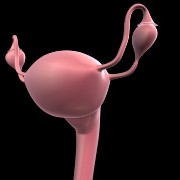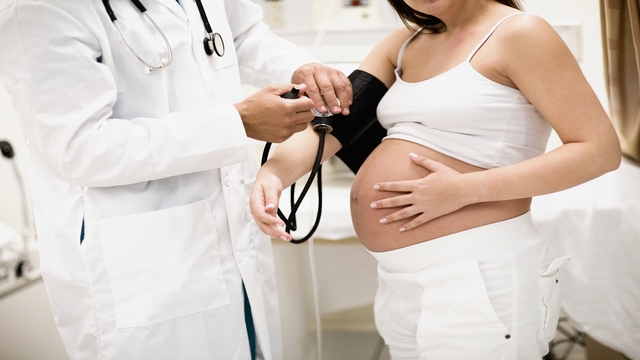 Photo: Getty Images
Photo: Getty Images
Ectopic means "out of place." In an ectopic pregnancy, a fertilized egg is out of place. It’s outside the uterus. In more than 95 percent of the time, it settles in the fallopian tubes giving them the common name, "tubal pregnancies." In rare cases, the egg implants in an ovary, the cervix, or the abdomen.
A fallopian tube doesn’t have enough space or nurturing tissue for a pregnancy to develop. If the egg keeps growing, it can damage or burst the tube and cause heavy bleeding that can be deadly.
An ectopic pregnancy is often caused by damaged fallopian tubes. A fertilized egg may have trouble getting through a damaged tube, so it stops and grows in the tube. Smoking can cause fallopian tube damage and ectopic pregnancy. Endometriosis is another culprit. It can cause scar tissue in or around the fallopian tubes.
Up to 50 percent of women who have ectopic pregnancies have had inflammation of the fallopian tubes or pelvic inflammatory disease.
Scar tissue on the tube left behind from a previous infection or an operation may also obstruct the egg's movement. Even fertility treatments such as in vitro fertilization may lead to ectopic pregnancy.
Ectopic pregnancy can be difficult to diagnose because it usually has the same symptoms as a normal pregnancy, such as missed periods, breast tenderness, nausea, vomiting, or frequent urination.
The first warning signs of an ectopic pregnancy are often sharp or stabbing pelvic or belly pain that comes and goes and varies in intensity or vaginal bleeding, heavier or lighter than your normal period. Some women may experience weakness, dizziness, or fainting.
In most cases, a doctor will treat an ectopic pregnancy right away to prevent harm to the woman. An early ectopic pregnancy can sometimes be treated with an injection of methotrexate, which stops the growth of the embryo.
For a pregnancy that’s past the first few weeks, laparoscopic surgery is the safer option. The ectopic pregnancy is surgically removed and any damaged organs are repaired or removed. In some cases, the fallopian tube may be removed.
The chances of having a successful pregnancy afterward may be lower than normal, but it depends on the cause behind the ectopic pregnancy and a woman’s medical history. This difficulty can be more common in women who had fertility problems before the ectopic pregnancy. If the fallopian tubes remain, there’s a 60 percent chance of a successful pregnancy in the future. A repeated ectopic pregnancy may occur in one-third of women.
Sources:
KidsHealth.org
NIH.gov
WebMD.com
AmericanPregnancy.org



Add a CommentComments
There are no comments yet. Be the first one and get the conversation started!